2025 Schedule Nufarm Information Theatre
Sponsored by Nufarm, the information theatre is located in Hall B at the World Trade Center Saskatoon at Prairieland. We work diligently throughout the year to compile a list of relevant topics presented by the best speakers in the industry. Please watch our social media channels for all event announcements and updates.
Day 1
Tues. Jan 14 - 10:30 am
Westside Irrigation Rehabilitation Project (Soil & Water Management CEUs: 0.5)

Leah Clark, Water Security Agency
The Government of Saskatchewan is moving forward with engagement and continuing the engineering design for an approximately 90,000 acre irrigation project on Lake Diefenbaker named the Westside Irrigation Rehabilitation Project.
This project expands and modernizes existing infrastructure constructed nearly 50 years ago. It will create a more sustainable regional future, strengthen water security in times of drought, and protect the provincial economy by improving crop yields and diversity.
Leah Clark is the Executive Director of Irrigation and Economic Development with Water Security Agency. Providing the province safe, reliable water that drives Economic Growth is a priority for her in her role.
Leah Clark is a Professional Agrologist that has held many roles in the Agriculture Sector. On weekends you can find her and her husband and two daughters helping out on the family farm.
Tues. Jan 14 - 11:30 am
Introduction of 2025 Agriculture Hall of Fame Inductees
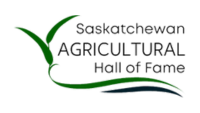
Saskatchewan Agricultural Hall of Fame
- Dr. Robert (Bob) Bors
- The late Frank Bourgault
- Gerry Bourgault
- The late Harold Martens
- Dr. Grant Royan
- Bill Wilson
Learn more about the Saskatchewan Agricultural Hall of Fame.
Tues. Jan 14 - 12:30 pm
Western Canadian Crop Production Show Innovation Award - Finalist Presentations

Finalists:
- ATP Nutrition Ltd. with their Leaf Tissue Analysis – NutriScan
- Nytro Distribution with their Green Lightning Nitrogen Machine
- Thunderstruck Ag Equipment with their Razor’s Edge Concaves
*Winner will be announced at the Barley Bash Exhibitor Mixer, Tuesday, January 14, 2025 – Invitation Needed*
The Western Canadian Crop Production Show is thrilled to once again showcase innovation in the industry through the Innovation Award at the 2025 event. The finalists will have the opportunity to discuss their innovations in the Nufarm Information Theatre for all to learn from.
Tues. Jan 14 - 2:30 pm
Integrating Soil Active Herbicides Into Your Weed Management Program (Integrated Pest Management CEUs: 0.5)
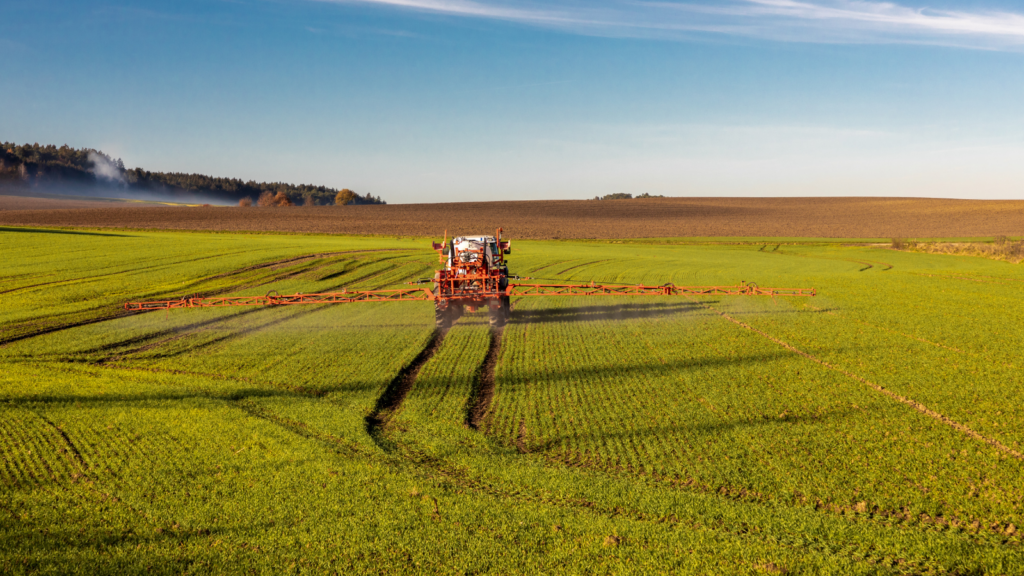
Paul Fuhr, Nufarm Northwest SK Territory Manager
As timing gets tighter in the spring, resistant weed populations continue to spread. Paul’s presentation will discuss the value of soil active herbicides, and how they can be integrated into any weed management program.
Paul Fuhr has been the Northwest Saskatchewan Territory Manager for Nufarm for over 15 years. He is passionate about bringing solutions to growers, and figuring out ways to help farmers make the best decisions for their operations. In his spare time, Paul enjoys attending live music, hunting, and doing anything outdoors.
Day 2
Wed. Jan 15 - 10:30 am
Manage Resistance Now: The One Stop Shop for Resistance Resources (Integrated Pest Management CEUs: 0.5)
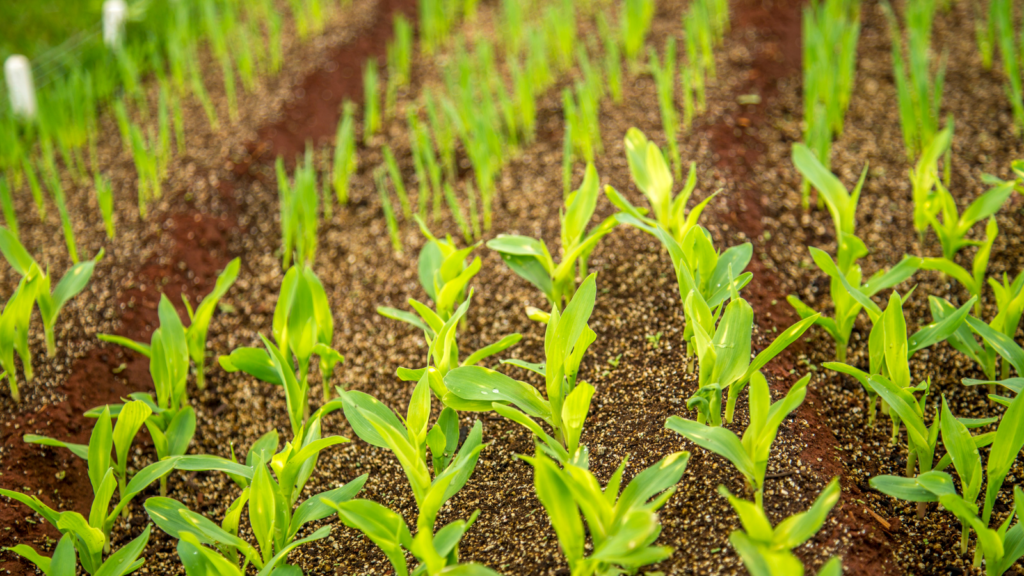
Luis Luque, CropLife Canada
The presentation will cover the Manage Resistance Now initiative, a collaborative effort of industry, academia, and government experts, brought together by CropLife Canada.
The platform is a dedicated space to helping growers and industry proactively manage the development of resistance to pest control tools to support the long-term sustainability of the agriculture industry.
Attendees will learn about the resources available for effective management strategies that can be implemented to cultivate resilience in their fields.
Luis is the manager of regulatory affairs in plant biotechnology at CropLife Canada, an association representing an innovative, solutions-oriented plant science industry.
Working with a diverse range of agriculture stakeholders, Luis’ work focuses on domestic and international advocacy of science-based policy and regulation for plant biotechnology.
Luis also plays a leadership role in the development and management of various stewardship initiatives, namely the Manage Resistance Now platform, a website that amplifies the message on the adoption of BMPs.
Prior to joining CropLife he worked as a Researcher at the National Research Council of Canada on Waste to Energy Projects. He holds a PhD from the University of Western Ontario in Chemical and Biochemical Engineering.
Wed. Jan 15 - 11:30 am
What Pulse Crops Want to Tell You About Aphanomyces and Fusarium (Integrated Pest Management CEUs: 0.5)
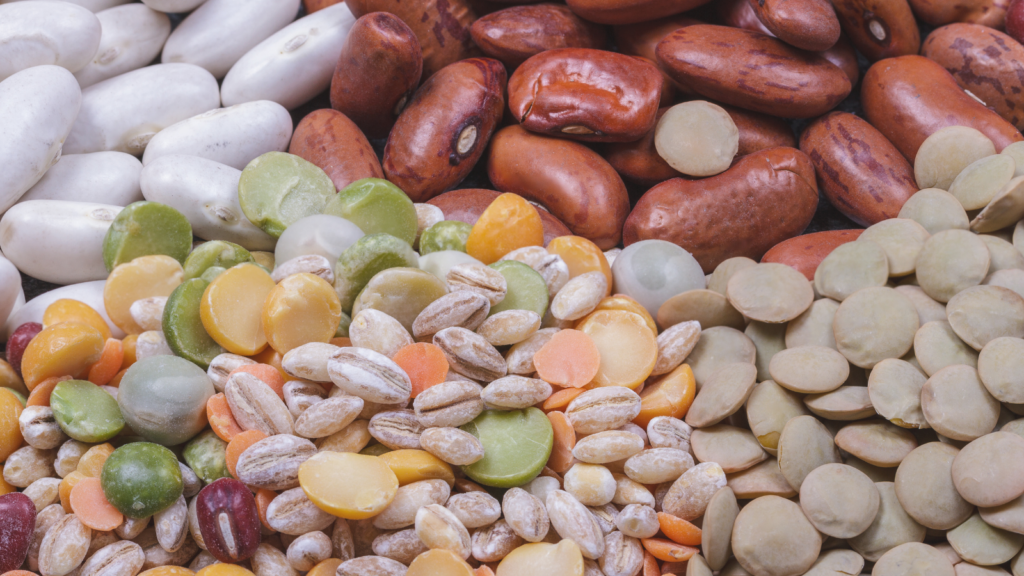
Eric Schick, Nufarm South Central SK Territory Manager
For pulse growers, there’s always a risk of getting the crop established due to seed- and soil- borne diseases lurking in the soil. It doesn’t matter if it’s too dry or too wet.
This presentation will review best management strategies and tools to help manage Aphanomyces and Fusarium root rot in peas and lentils so that it doesn’t become a nightmare.
Eric Schick grew up on a family run grain and cattle operation near Spring Valley, SK. He continues to be actively involved on the family farm when time allows. His formal education includes an agronomy diploma from the University of Saskatchewan.
For many years, Eric as worked as an agronomist in the Moose Jaw area with ag retail, and for the past three years as a Territory Manager for Nufarm.
He brings a variety of experience from the field diagnosing and providing solutions to farmers, and is excited to share his thoughts and expertise on seed- and soil-borne diseases in pulse crops and how to best manage good crop establishment for the best returns.
Wed. Jan 15 - 1:30 pm
Spray Drones - What does the research say? (Integrated Pest Management CEUs: 0.5)
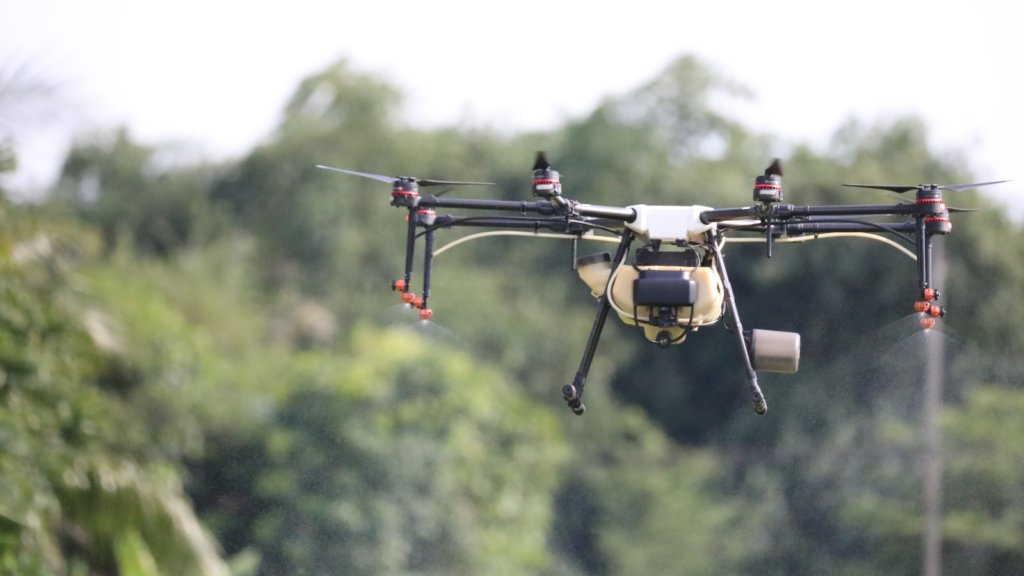
Tom Wolf, Agrimetrix
Spray drones are growing in popularity but there are still questions on how well they perform.
Performance data as well as local user experience will be reviewed, including swath width in various crops, deposition uniformity, and canopy penetration.
Tom Wolf is a spray application specialist, based in Saskatoon. Tom has 36 years research experience with sprayers, starting with AAFC in 1989 and now as a private consultant.
With Jason Deveau, Tom now writes for the world’s number one sprayer website, Sprayers101.com.
He is a past president and Fellow of the Canadian Weed Science Society and has been named Distinguished Agrologist with the Saskatchewan Institute of Agrology.
Wed. Jan 15 - 2:30 pm
Harvesting Your Legacy: Planning for an Intergenerational Business Transfer (Professional Development CEUs: 0.5)
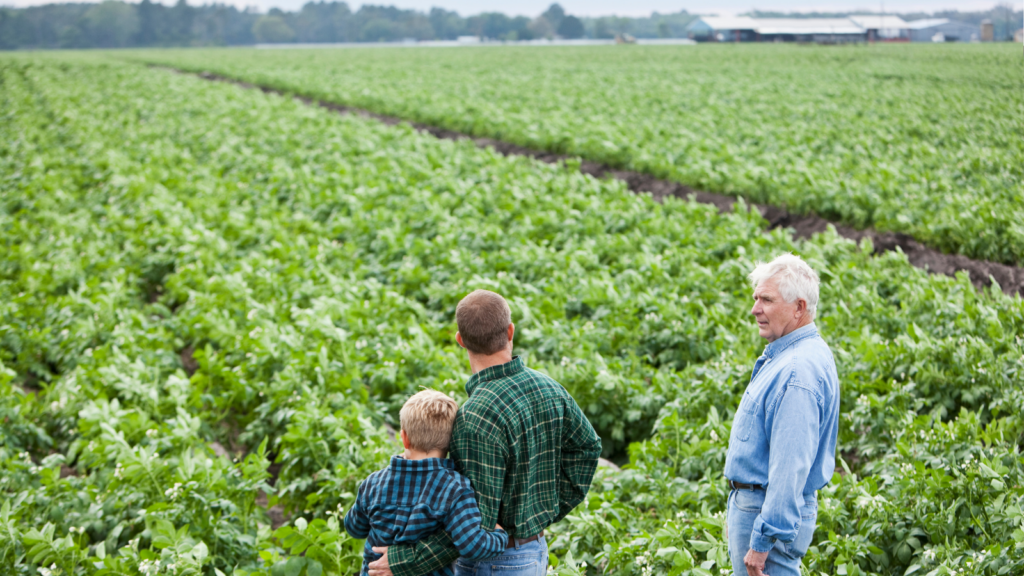
Mike Kuzma, Manager, EA, FEA- Client Solutions Manager, The Targeted Strategies Group
Knowing where the risks are around your business succession and continuity plan is the first step in mitigating them.
Mike draws on his advisory experience providing you with an education around succession and continuity planning for your farm and business.
Mike will briefly cover strategies to preserve wealth on the family farm, discuss “fair vs equal” distribution to non-farming children, and review the impact of the 2024 capital gains inclusion rate increase.
We hope you’ll stick around for Q&A where we will add value to the session by providing additional insights, answering specific questions you have about these topics.
Mike Kuzma is a highly respected financial professional with over a decade in business advising, tax, and estate planning.
At TTSG Mike specializes in the creative use of life insurance to optimize family succession and works with some of the country’s top entrepreneurs and business families. As a senior advisor, Mike has become a trusted expert for high net-worth individuals and business owners looking to protect and enhance their wealth across generations.
Recently, Mike earned the Family Enterprise Advisor (FEA) designation from Family Enterprise Canada, further enhancing his expertise in advising business owners on business continuity planning.
Day 3
Thurs. Jan 16 - 10:30 am
Spot Sprayers - Are they the future of spraying? (Crop Management CEUs: 0.5)

Tom Wolf, Agrimetrix
Spot sprays show tremendous promise for reducing pesticide use.
This presentation will review how do they work, which systems are available in western Canada, and how they might be implemented on a typical farm.
The challenges in nozzle selection for various systems will also be discussed.
Tom Wolf is a spray application specialist, based in Saskatoon.
Tom has 36 years research experience with sprayers, starting with AAFC in 1989 and now as a private consultant.
With Jason Deveau, Tom now writes for the world’s number one sprayer website, Sprayers101.com.
He is a past president and Fellow of the Canadian Weed Science Society and has been named Distinguished Agrologist with the Saskatchewan Institute of Agrology.
Thurs. Jan 16 - 11:30 am
Taking "the Path of Least Resistance" with new Duplosan™ Technology to Manage Tough Weeds
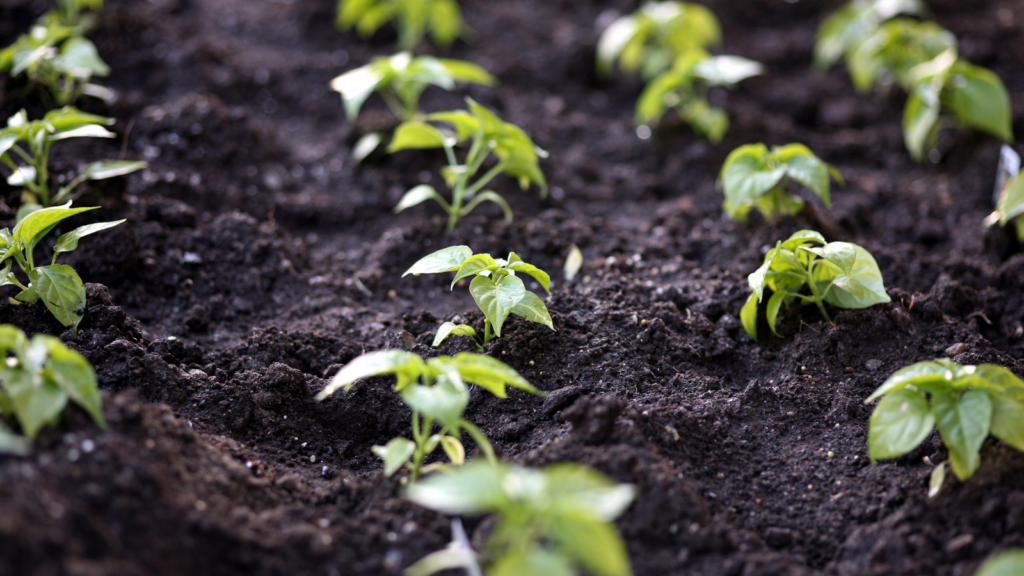
Tyler Gullen, Nufarm Technical Services Manager
Tyler will be sharing information on a proprietary Nufarm technology called Duplosan™, and how Duplosan powered products help farmers manage kochia, including resistance biotypes, in cereals along with other tough weeds.
His presentation will explain how Duplosan works, and how Nufarm is leveraging this unique active ingredient in BlackHawk® EVO and Oxbow® herbicides.
Tyler Gullen graduated from the University of Saskatchewan in 2010 with a B.Sc. Honours in Toxicology and Chemistry.
He spent 9 years as a principal investigator for small plot research trials on crop protection and germ plasm trials across both Saskatchewan and Alberta for Syngenta and Bayer CropScience before moving into product development and sales support roles since 2020.
He currently works for Nufarm as the Technical Services Manager for the Western Prairies and holds his Professional Agrologist and Certified Crop Advisor designations.
Tyler is passionate about innovation in agriculture and bringing those innovations to the farm. He lives in Saskatoon, SK with his wife and two sons.
Thurs. Jan 16 - 1:30 pm
From Generation to Generation: Tax and Succession Planning in Family Agriculture (Professional Development CEUs: 0.5)
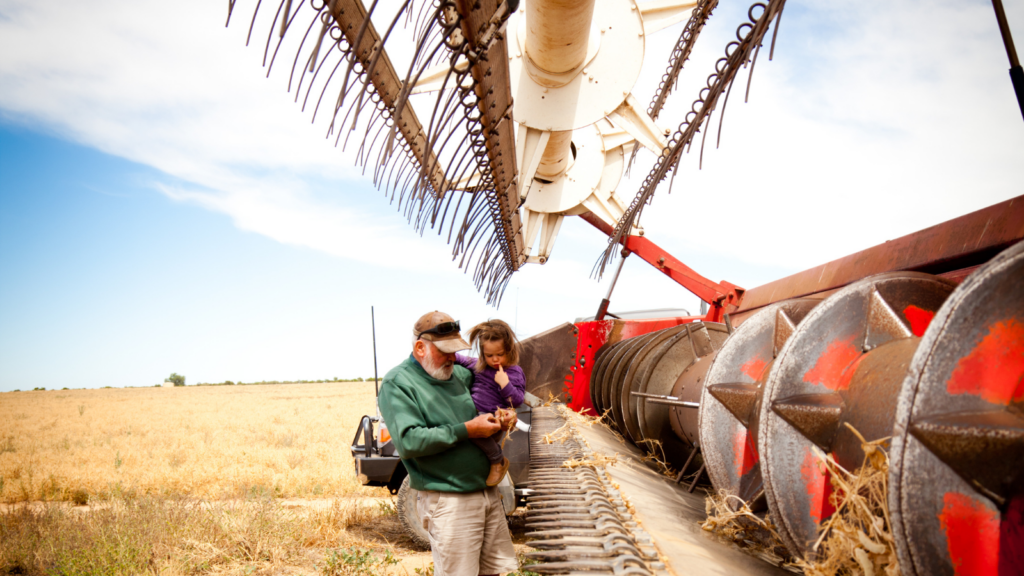
Brett Thiessen and Nicole Osolinsky, KPMG
This educational session provides an overview of succession planning for family farms, emphasizing tax strategies, understanding new tax rules and the importance of an open family discussion when planning.
It will also address planning issues and concerns that family farms may face, and participants will leave with a clearer understanding of how to navigate the complexities of succession planning.
Brett is a partner specializing in Canadian tax in the Saskatoon office. He is familiar with the income tax and financial issues that affect private companies and specifically family owned businesses.
Brett has extensive experience working with clients to set-up and reorganize corporate structures, provide succession strategies, and advise on purchasing or selling a business.
He works with his clients to provide proactive tax planning and help maximize shareholder value. Brett also provides specific tax, succession, and estate planning advice to clients in the agriculture industry.
_________________________
Nicole is a partner in the KPMG Private Enterprise Tax practice and is also the leader of Family Office in KPMG in Canada’s Western Canada practice.
She has more than 30 years of experience, working primarily with owner managers as well as their families. Over the years, Nicole has helped these clients develop tax efficient structures for their business, explore acquisition and divestiture opportunities and transition the business and family wealth to the next generation.
She has extensive experience in corporate reorganization, divestiture, transition planning, estates and trust work. Nicole has a deep knowledge of both personal and corporate tax matters but also understands the unique aspects that family wealth and family business can bring.
Nicole holds her TEP (Tax & Estates Practitioner) designation, STEP Advanced Certificate in Advising Family Business and her FEA Designation as a Family Enterprise Advisor with the Family Enterprise Exchange (FEX).
Thurs. Jan 16 - 2:30 pm
Eyes From the Sky and Boots on the Ground - Using Imagery to Optimize Crop Agronomy (Integrated Pest Management CEUs: 0.5)
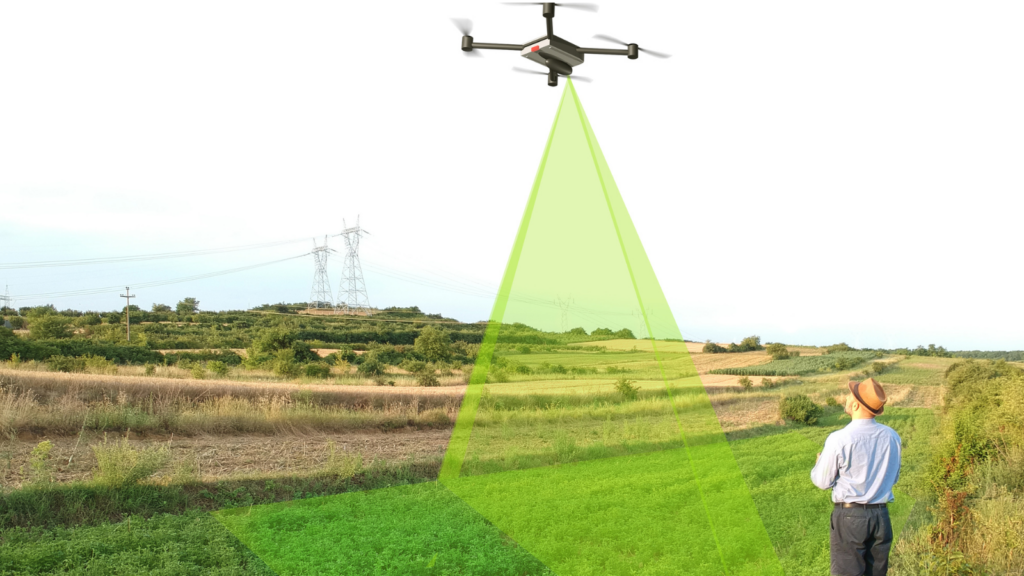
Dr. Steve Shirtliffe, University of Saskatchewan Plant Sciences
Crop imagery from drones and satellites can now provide plant breeders and agronomists useful information to assist in crop breeding and management.
This presentation will review some of the recent research at the Crop Imaging Lab at the University of Saskatchewan.
We are now at a crossroads where remotely sensed satellite information can be analyzed with machine learning to inform agronomic decisions.
Cheap drones can be used to scout canola fields for crop emergence and allow farmers to make informed reseeding decisions. UAV trained machine learning models can now use satellite data to map kochia infestations on farmer’s fields and target control measures.
These models can also use satellite and environment data to make accurate yield predictions before harvest. Crop classification maps can be used to determine the risk of root rot based on crop rotations for any field in western Canada.
And finally, our lab is in the process of wall-to-wall mapping of all western Canada at a 10m resolution to measure and understand the causes of within field spatial variability in crop yield and profitability.
Steve Shirtliffe grew up on a farm in Manitoba and then in the 90’s returned to the University of Manitoba for his PhD.
Since then, he has been a professor in the Department of Plant Sciences at the University of Saskatchewan. His position involves teaching, research, and extension in the areas of crop imaging and agronomy.
Past and current research projects have focused on phenotypic and agronomic applications of crop imaging using UAV and satellite imagery.
He has a wide range of interests and collaborates widely with computer scientists, plant breeders, geographers, economists soil scientists and engineers to form dynamic research groups to tackle inter-disciplinary problems.
